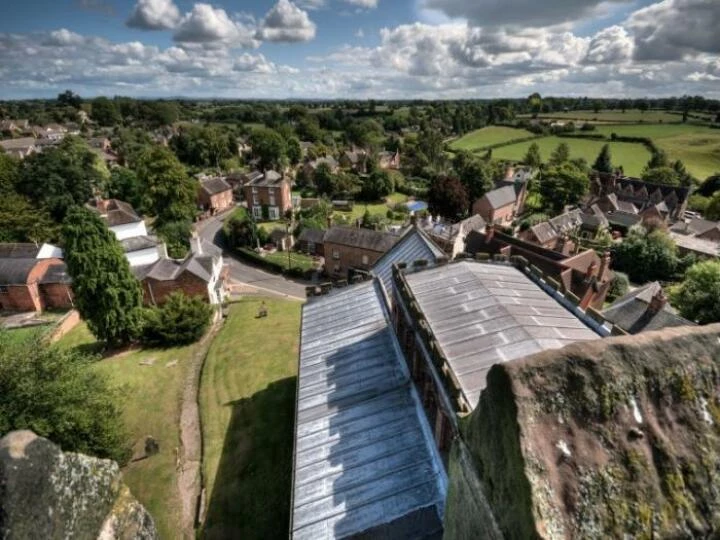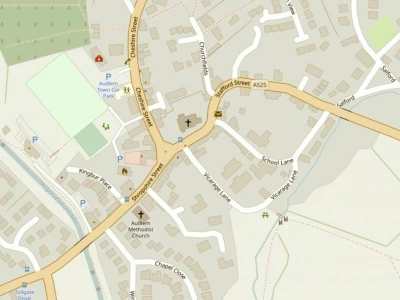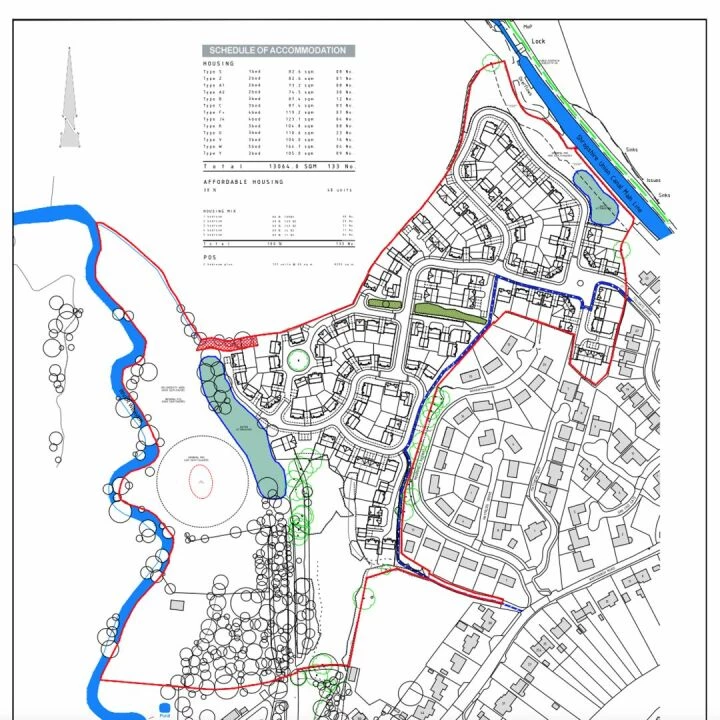

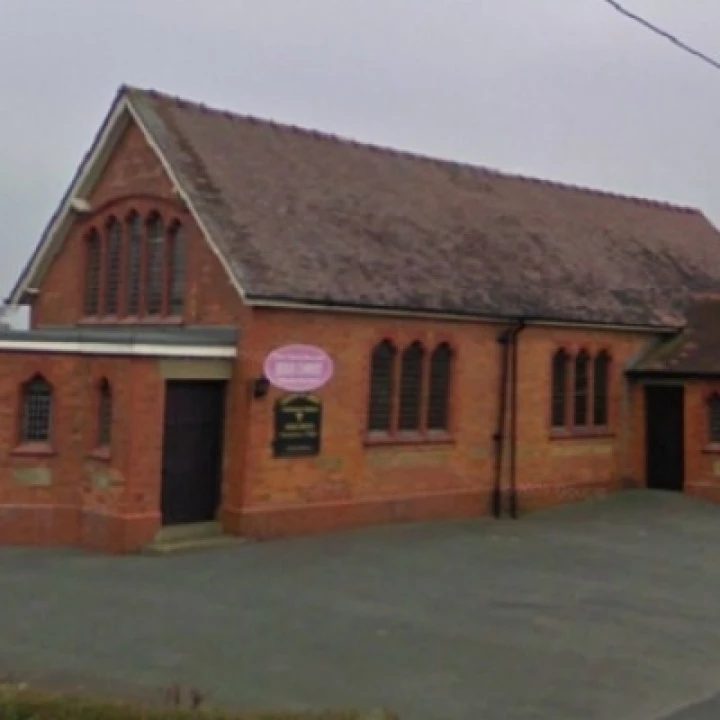
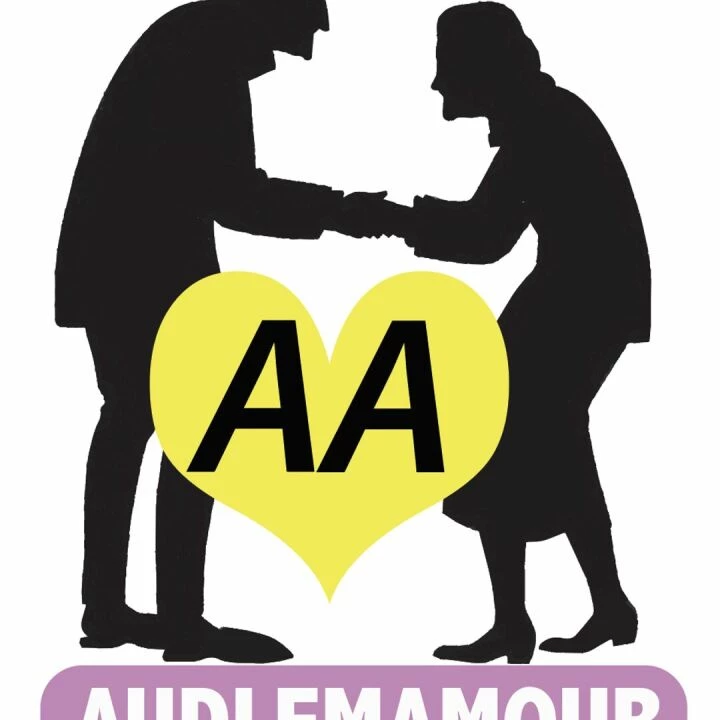

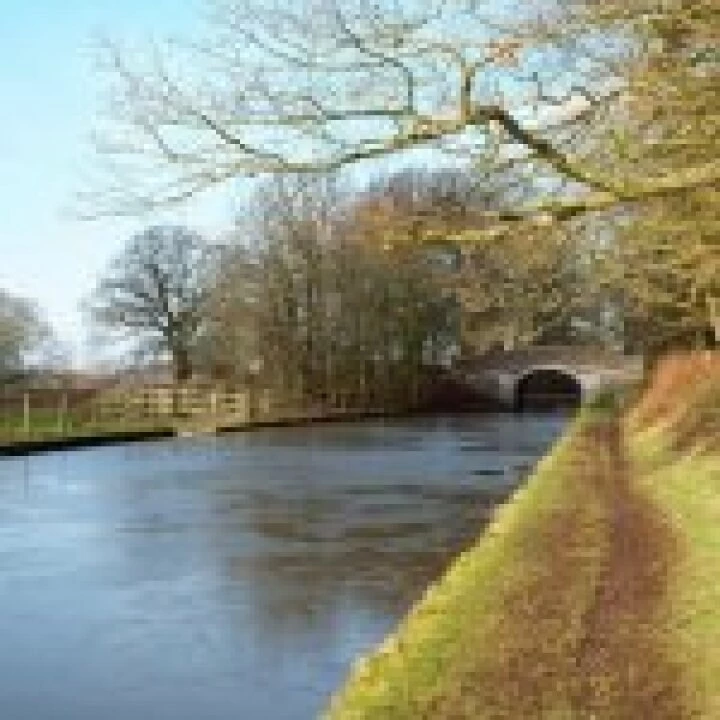
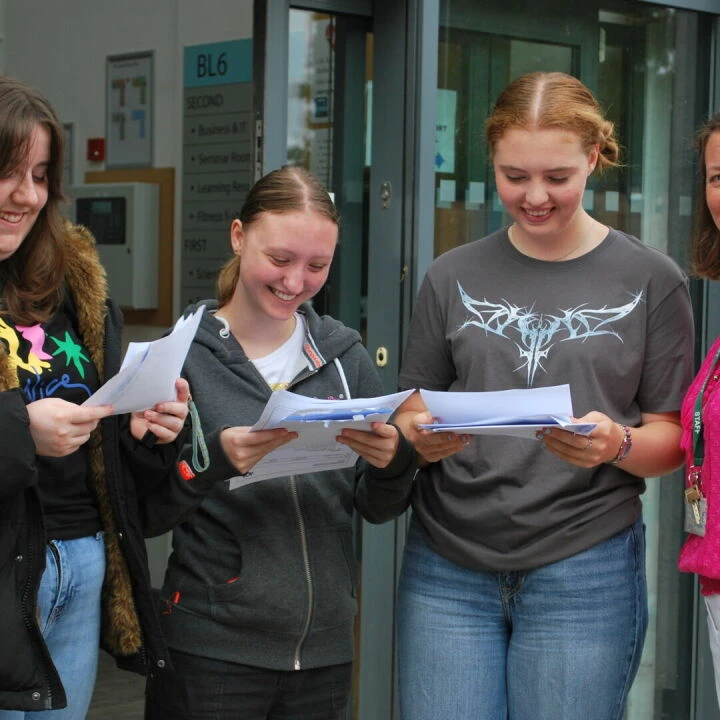

For its final meeting before the summer break, the History Society marked the 100th anniversary of the Battle of Jutland with a talk by Paul Blurton about a Nantwich man who was to be one of the key figures in the battle.
David Beatty was born in 1871 and spent his early years at Howbeck Lodge, Stapeley. His father was Irish, and his mother American, and unusually for such a socially conservative era, they were unmarried. Their reasons for settling just outside Nantwich are not clear, but it is known that they were prominent in Cheshire hunting circles.
During initial training at the Royal Naval College, Dartmouth and subsequently at the Greenwich gunnery school, David Beatty was more noted for his arrogance and insubordination than for his academic prowess. However, what he may have lacked in intelligence and application, he made up for through his cultivation of well-placed individuals.
Beatty was nothing if not a social climber and he took full advantage of his position as an officer in the Senior Service to mingle with royalty and influential figures, such as Winston Churchill.
Beatty's networking did his career no harm and despite his relatively modest achievements, he was appointed captain at the young age of 29. His career really took off when Churchill was appointed First Lord of the Admiralty in 1911.
Soon after, Beatty was made a rear admiral at the almost tender age of 39, nearly equalling Nelson's rapid promotions. In April 1919, Beatty became the youngest ever Admiral of the Fleet and a few months later, First Sea Lord.
One hundred years on, opinions are still divided about Beatty as a naval commander. His superior at Jutland, Admiral of the Fleet Sir John Jellicoe, admired his courage but had little respect for his strategy.
The former First Sea Lord and naval historian, Lord West, has described Beatty as technically inept and one whose style was based on inspiration rather than preparation. Our speaker shared these views.
The facts of the Battle of Jutland are that the Royal Navy lost more vessels than the German High Fleet and Beatty's own battlecruiser fleet lost several ships through poor gunnery practices. Nearly 7,000 Royal Navy personnel were killed, twice German losses.
However, Beatty's inspired or lucky tactic in drawing the German fleet towards Jellicoe's big guns led to the German fleet racing back to port, never to emerge again during the war.
The next meeting is on Thursday 15 September, when Jane and Pete Marshall will be giving what promises to be a fascinating talk entitled 'Canal life from the 60's onwards'.
This article is from our news archive. As a result pictures or videos originally associated with it may have been removed and some of the content may no longer be accurate or relevant.
Get In Touch
AudlemOnline is powered by our active community.
Please send us your news and views using the button below:
Email: editor@audlem.org

